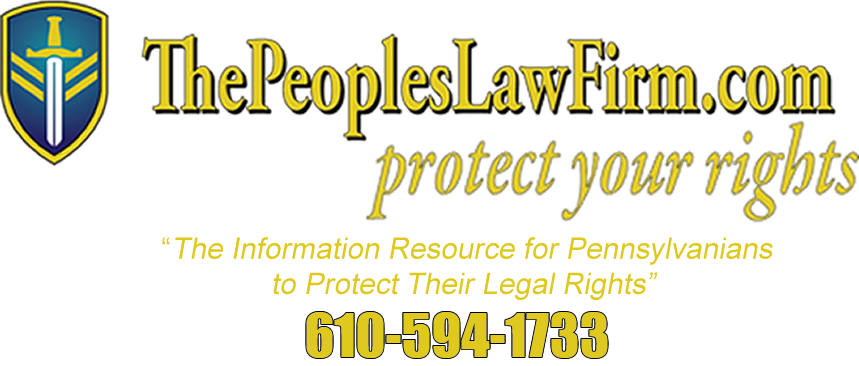Buying More Expensive Things
to Qualify for Medicaid and Protect Your Life Savings
If what you own exceeds the Medicaid limits, $8,000 for an unmarried person and $128,900 for a married couple, then Medicaid allows you to buy more expensive things to reduce what you own to qualify for Medicaid. Let’s assume you’re an unmarried person and what you own exceeds $8,000 Medicaid limit. You’ve already done the following to protect our life savings:
a. Transferred assets without violating the 5yr look back rule;
b. Took advantage of the 10 exempt resources, including your home and car that Medicaid doesn’t count when determining if your resources exceed the Medicaid limit;
c. Transferred personal property and real estate to any of the exceptions to the 5yr look back rule that apply; and
d. Paid all your bills under the “spend down” option to protect your life savings.
Now even though you did that, you still have $208,000 in resources, $200,000 over the $8,000 limit, too much which is preventing you from qualifying for Medicaid. Assume it’s an investment account worth $200,000.
Medicaid will allow you to increase the value of some of the 10 exempt items to qualify for Medicaid and protect your life savings. Let’s assume that you already own a house and a car, two of the 10 exempt items. You can spend the excess $200,000 on a more expensive car and a more expensive home to reduce your resources to the $8,000 limit to qualify for Medicaid.
For example, if your car is worth $5,000, sell it and buy a new one worth $30,000. By buying a more expensive car, you can protect $25,000 of the extra $200,000 in resources. If your home is worth $200,000, sell it and buy a new one worth $375,000. By buying a more expensive home, you can protect remaining $175,000 of the excess $200,000 of resources.
By buying a more expensive car and home, you were able to qualify for Medicaid and protect the $200,000, $25,000 on the more expensive car and $175,000 on the more expensive home. Otherwise, you may have had to use that $200,000 to private pay for nursing home care, and at an average annual cost of $117,516, it wouldn’t take long for the nursing home to completely wipe out the excess $200,000 in life savings.
Want Peace of Mind and a Complete Evaluation of Your Case?
Call (610) 347-5035 NOW or Click HERE to Schedule a Consultation with Chester County Pennsylvania Nursing Home & Elder Law Attorney, Michaelangelo L. Dippolito. Click HERE to see the attorney’s background.
Not Ready to Speak to an Attorney Yet? No Problem.
Get this FREE Book and Consumer Protection Guide, Paying for Nursing Home Care in Pennsylvania, A Consumer Protection Guide on What You Need to Know to Protect Your Legal Rights. Here’s Some of What’s in the FREE Book and Consumer Protection Guide:
- What’s it Cost & Who’s Gonna Pay?
- 10 Moves You Can Make to Qualify for Medicaid & Protect Your Life Savings
- Critical 5 Step Process to Your Medicaid Claim for Nursing Home Care
- What You Need to Know About Lawyer Fees
- Arming Yourself with Knowledge is the First Step to a New Beginning
Still Not Ready and Want to Learn More Before You Move Forward? No problem.
Click HERE for more information on Nursing Home & Elder Law in Pennsylvania, and remember, we’re just a phone call away at (610) 347-5035.
Chester County Pennsylvania Nursing Home & Elder Law Attorney with ThePeoplesLawFirm.com



